Métamorphoses de l'Amour
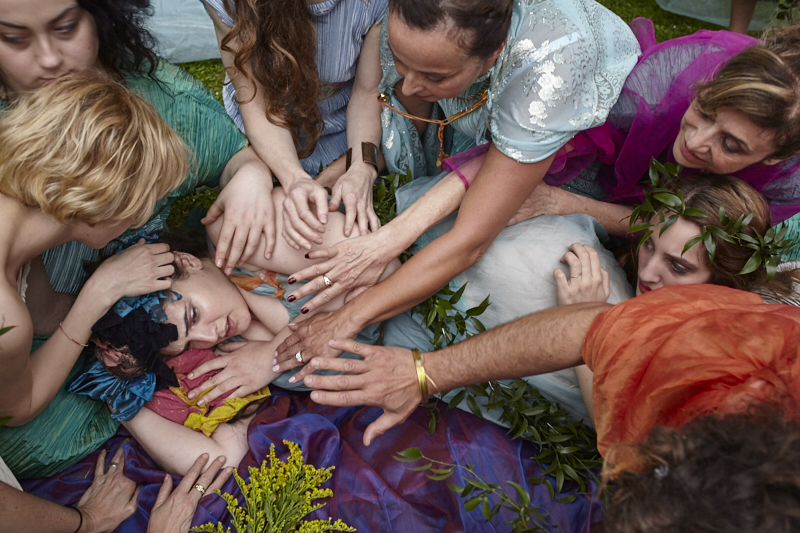
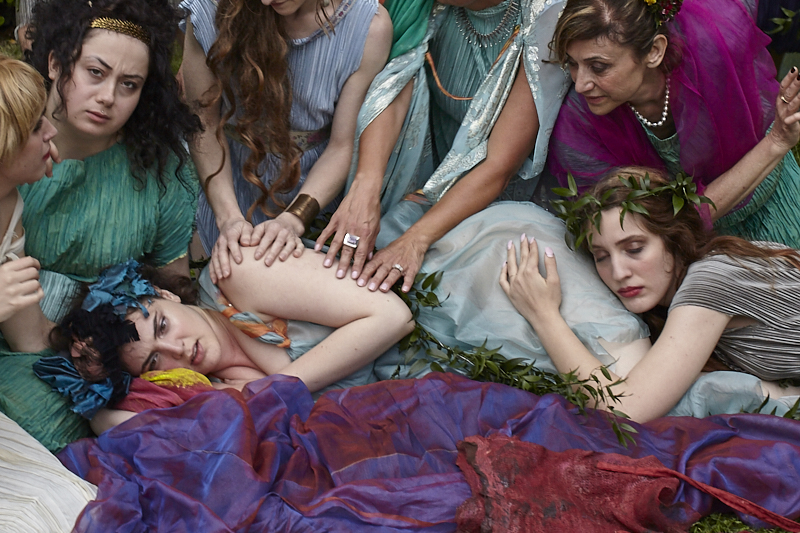
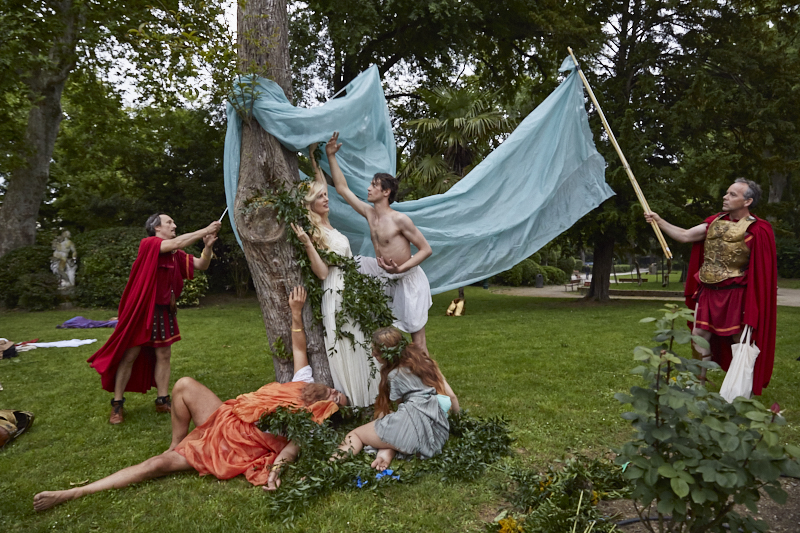
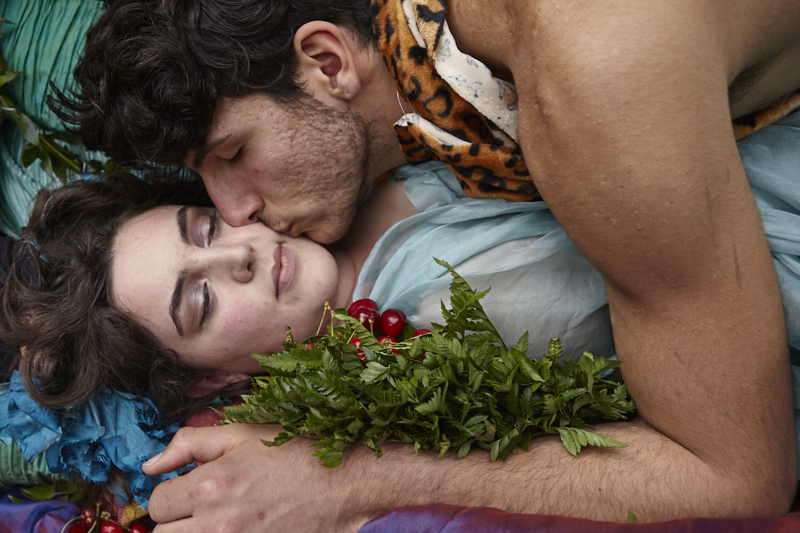

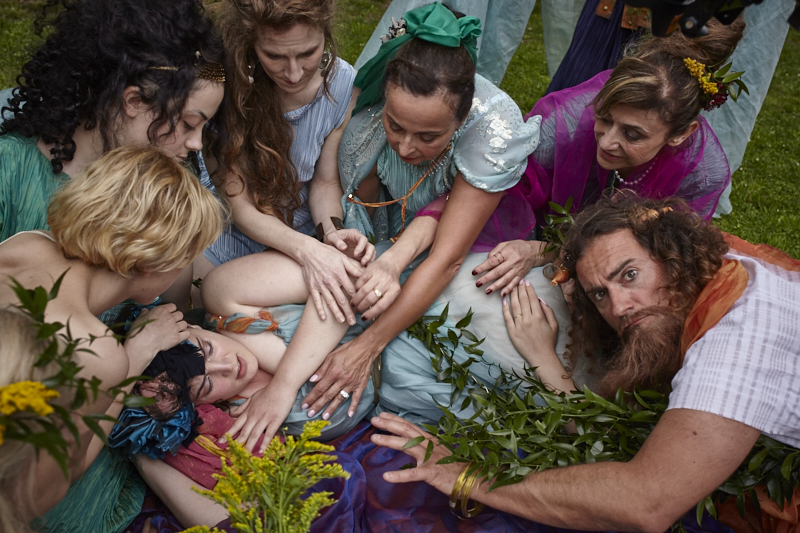
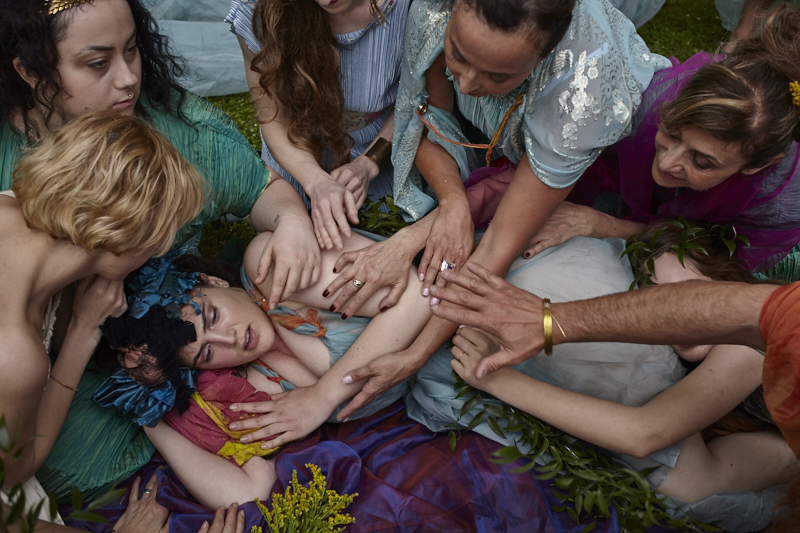
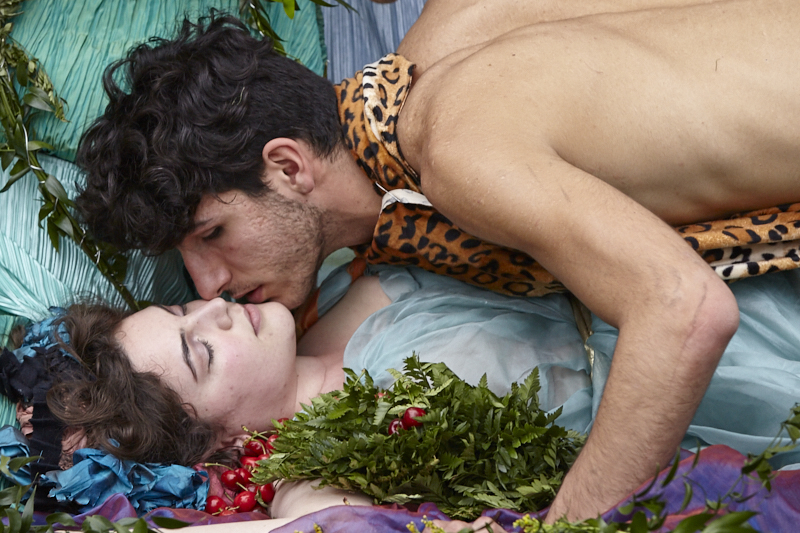
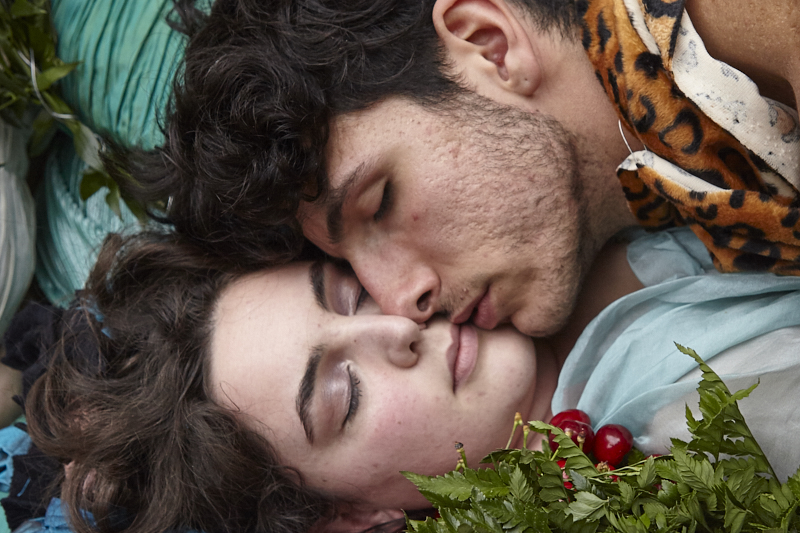
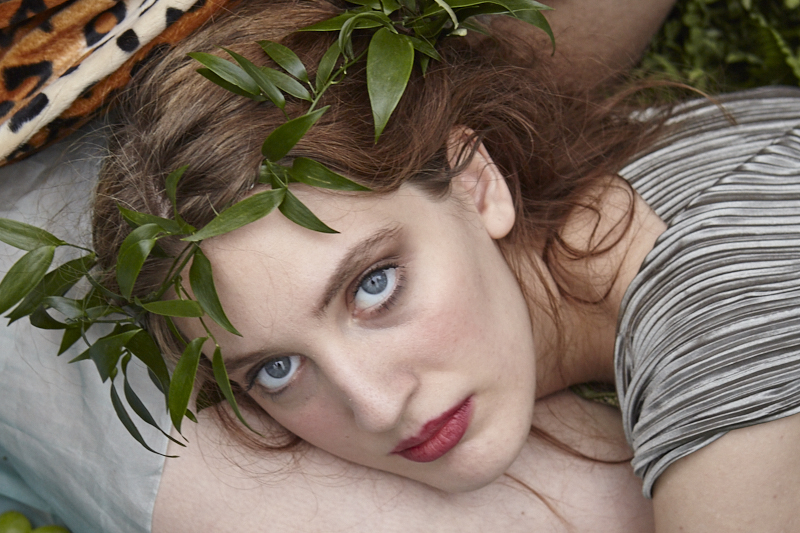
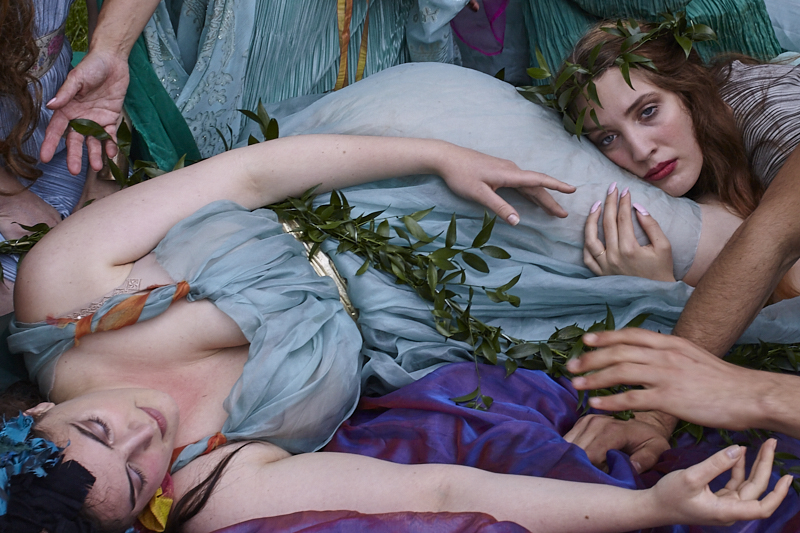
IRIS BROSCH
Performance in the Garden of the Biennale Venice 2017
Ovid’s 2000th Death Anniversary
With her performances and multimedia shows, internationally acclaimed artist Iris Brosch will celebrate Ovid’s 2000th anniversary at the 2017 Venice Biennale. Inspired by the Roman poet’s “Metamorphoses”, love elegies and other poems, Brosch focuses on the freedom of love, Eros and beauty through a feminist perspective and revitalizes concepts of the Italian master who was once inspired by Greek and Roman mythology and philosophy.
By taking Ovid into the 21st century, Iris Brosch will reflect on the relevance of love today, reinforcing the autonomy of art by employing transfigurations of the human body, as well as incorporating the concept of the freedom of love as all-inclusive force in every facet of existence.
Looking back into the concept of love, Brosch’s concern goes forward into the future of young generations to come; the power of the human body adapts to the influence of capital, economy and a function of the media, while it is increasingly informed and controlled by its market agents. Over the time, self control concepts, asceticism, or self- chastisement is developed. When Eros has left, Iris Brosch seeks alternatives in a world of rising narcissism and disconnection in a dehumanized world. Further, she seeks to revitalize the art and freedom of love with invigorating imagery and opulent erotic settings that stimulate our fantasies and reveal our deep longing for love, touch and ties that makes us human.
Giardini della biennale , Venice 2017
iris Brosch constructing a Tableau Vivant,Lifepainting.
Ovid animates us with fabulous tales and legends, and transforms a variety of ancient myths. Iris Brosch recognizes the impact of transformations within Ovid’s oeuvre by depicting the power of art as a source for her artistic concept at the Venice Biennale. As a female counterpart, she translates and transforms Ovid’s literary range into powerful imagery, implying long-neglected aspects of the poetic role of strong women or the discussion of transsexual identities. Brosch understands that Ovid’s love elegies are more than a modernized version of a dating guideline – which would be just another corruption through market-oriented agencies.
Both Ovid 2000 years ago and Iris Brosch today are ahead of their time in challenging our ideas about the autonomy of art and literature. Brosch’s performances create a sense of humanity and love that serve as an example to be transformed from art into reality.
Artemis Herber
Curator - Transatlantic Cultural Projects
Invitation